Scientists find patterns in how disease-related genes switch on in the brain.
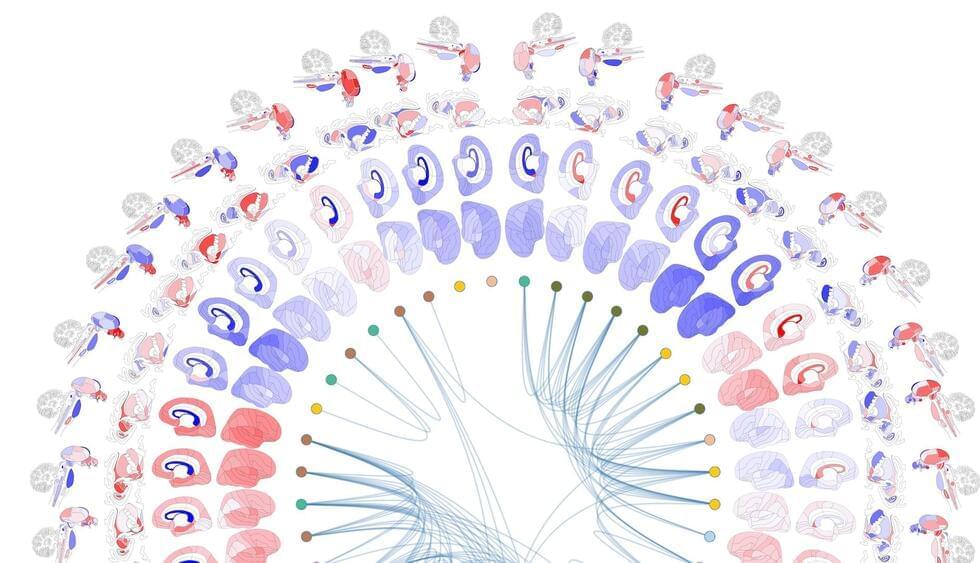

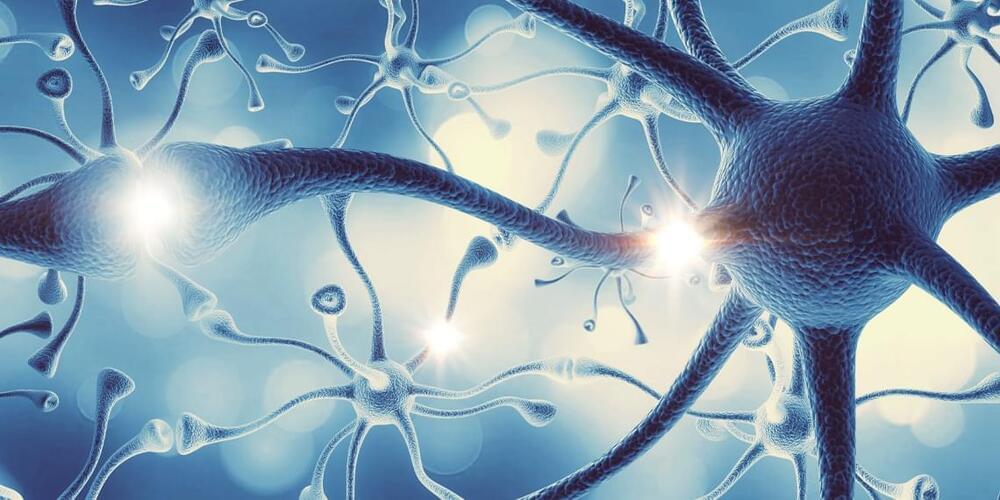
Scientists recently used electrical stimulation in the brains of epilepsy patients to investigate the relationship between brain activity and memory consolidation during sleep. They found that synchronizing the firing of neurons in the medial temporal lobe and neocortex through this stimulation improved memory consolidation, particularly for recognition memory tasks.
The findings, which have been published in Nature Neuroscience, contribute to our understanding of memory processes and may have important implications for the development of interventions for memory disorders and dementia.
The motivation behind this study was to investigate how the brain consolidates memories during sleep. While it is known that sleep plays a vital role in memory strengthening, the specific processes that occur in the brain during sleep are still not well understood.


We know this, Kushner says, because issues with alcohol can start before people develop anxiety or depression. His research also suggests that having either a dependence on alcohol or an anxiety condition substantially increases the probability of developing the other condition within several years.
For Kushner, this two-way relationship suggests alcohol use disorder and anxiety and depression might share a root cause.
Kushner’s team’s latest research brings us one step closer to figuring out why these conditions are so closely linked: Their study suggests people with a diagnosis of anxiety or depression are more likely to experience alcohol use disorder symptoms than people without these conditions, even when they drink the same amount of alcohol. The results are published in the journal Alcohol: Clinical & Experimental Research.
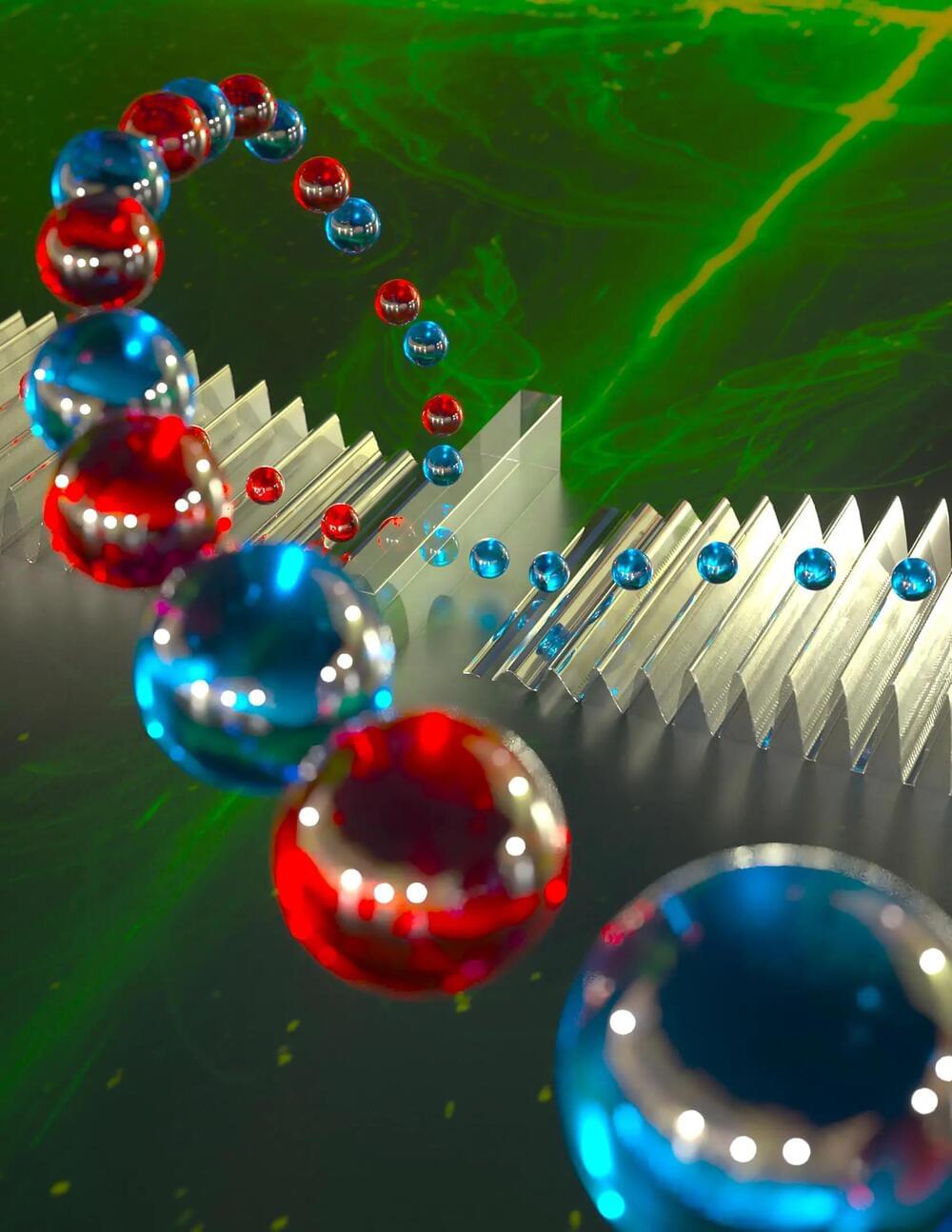
The experiments are the first of their kind and could lead to new advances in computing.
A team at the University of Chicago.
Founded in 1,890, the University of Chicago (UChicago, U of C, or Chicago) is a private research university in Chicago, Illinois. Located on a 217-acre campus in Chicago’s Hyde Park neighborhood, near Lake Michigan, the school holds top-ten positions in various national and international rankings. UChicago is also well known for its professional schools: Pritzker School of Medicine, Booth School of Business, Law School, School of Social Service Administration, Harris School of Public Policy Studies, Divinity School and the Graham School of Continuing Liberal and Professional Studies, and Pritzker School of Molecular Engineering.
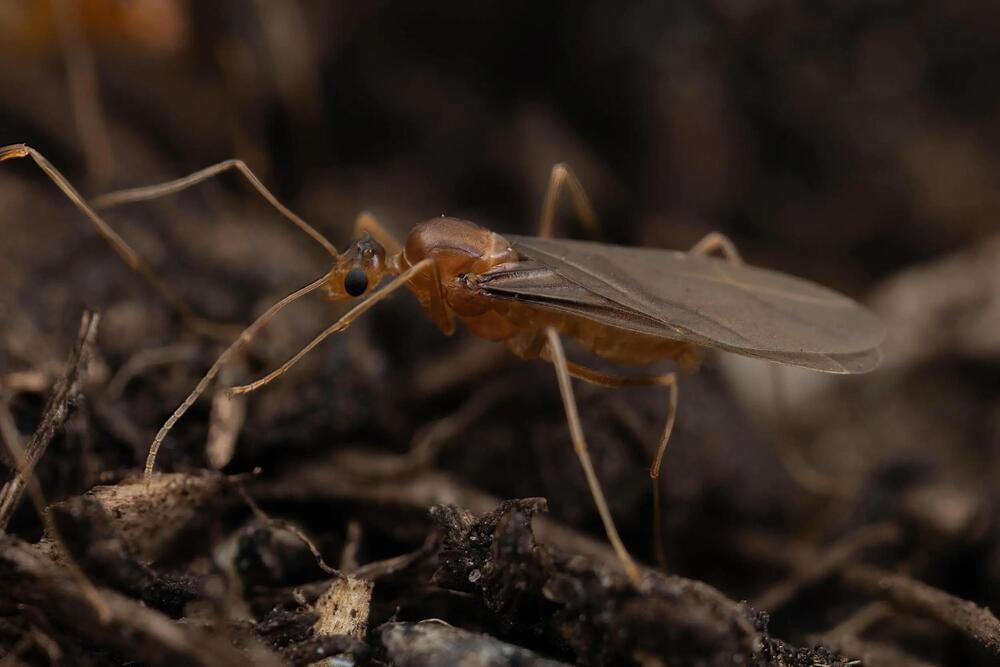
International researchers studying the yellow crazy ant, or Anoplolepis gracilipes, found that male ants of this species are chimeras, containing two genomes from different parent cells within their bodies. This unique reproductive process, originating from a single fertilized egg that undergoes separate maternal and paternal nuclear division, is unprecedented and challenges the fundamental biological inheritance law stating that all cells of an individual should contain the same genome. Credit: Hugo Darras.
The yellow crazy ant, known scientifically as Anoplolepis gracilipes, is notorious for being one of the most devastating invasive species.
A species is a group of living organisms that share a set of common characteristics and are able to breed and produce fertile offspring. The concept of a species is important in biology as it is used to classify and organize the diversity of life. There are different ways to define a species, but the most widely accepted one is the biological species concept, which defines a species as a group of organisms that can interbreed and produce viable offspring in nature. This definition is widely used in evolutionary biology and ecology to identify and classify living organisms.
Anosognosia is a condition in which a patient is unaware of their neurological deficit or psychiatric condition. Visual anosognosia, also called Anton syndrome, is associated with complete cortical blindness and unawareness of vision loss.
Researchers from Brigham and Women’s Hospital, a founding member of the Mass General Brigham healthcare system, sought to identify brain network connections associated with anosognosia. The investigators analyzed the connectivity patterns of 267 lesion locations associated with either vision loss (with and without awareness) or weakness (with and without awareness).
Researchers used a recently validated technique termed lesion network mapping to test whether these lesion-induced deficits map to specific brain networks. They were able to identify distinct network connections associated with visual anosognosia and motor anosognosia as well as a shared network for awareness of these deficits.

Henry Molaison, known for years as “H.M.,” was famously unable to form new memories. If someone he had met left the room only to return several minutes later, he would greet that person again as if for the first time. Because of surgery to treat intractable epilepsy, H M. lacked a sea-horse-shaped brain structure called the hippocampus and had amnesia. His case helped establish the hippocampus as an engine of memory.
In recent years scientists have discovered another essential deficit that burdens people with hippocampal amnesia: they can’t envision the range of possibilities that must be considered to make future plans. When researchers asked a group of people with hippocampal damage to… More.
The ability to conjure up possible futures or alternative realities is the flip side of memory. Both faculties cohabit in the brain region called the hippocampus.
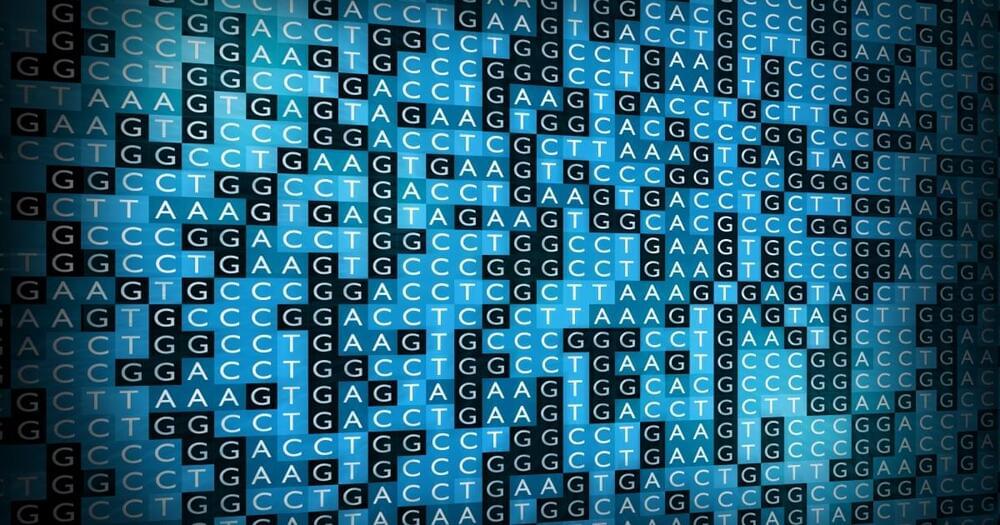

Billionaire investor Li Ka-Shing is funding a new technology that can potentially rival artificial intelligence (AI) by using brain cells blended with computers in a technology it calls DishBrain.
Peter Thiel, Mark Cuban and Warren Buffet funded early-stage startups and made millions. You don’t need to be a well-connected billionaire to do the same. Click here to invest in promising startups today.
This science fiction-sounding tech comes from Australian biotech firm Cortical Labs. The company recently raised $10 million in a round led by Horizons Ventures, the investment vehicle of the 94-year-old Ka-Shing, the richest person in Hong Kong. Additional investors included Blackbird Ventures, an Australian venture capital (VC) fund; In-Q-Tel, the investment arm of the Central Intelligence Agency; U.S. firm LifeX Ventures; and others.